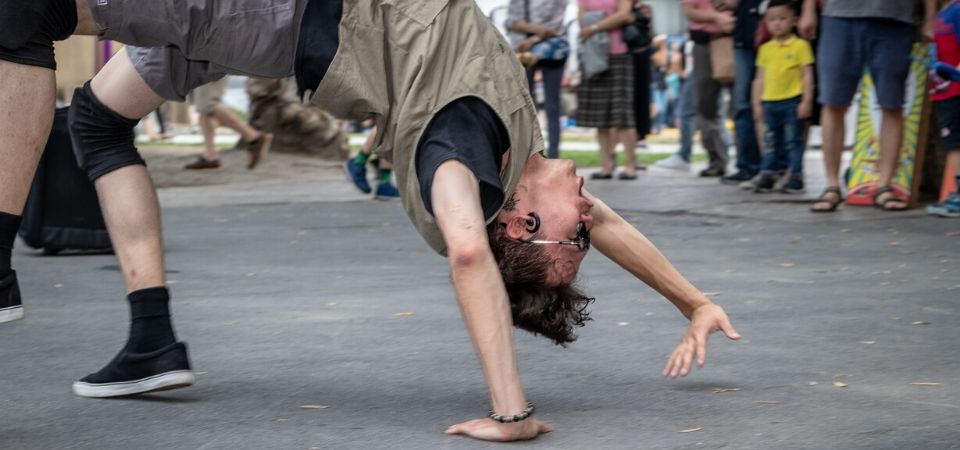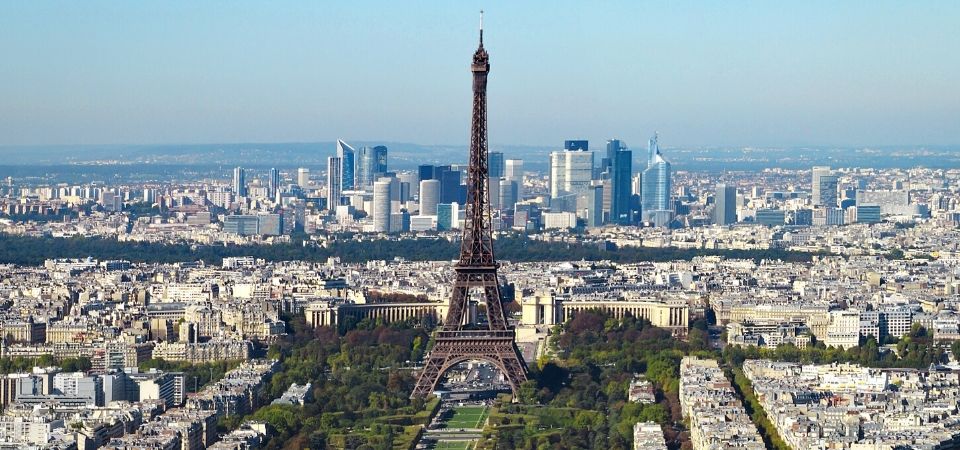- June 4, 2020
- Parisian theatre
- Aysha Ferullo
Here at Theatre in Paris, we hold the Paris Fringe Theatre Festival dear to our hearts. What could be better than watching performers from across the globe come together and illuminate different venues around the city, filling Paris with dramatic art? While the sun may be coming out and restrictions lifting, The Fringe will look a little different this year due to ongoing health concerns; the organisers have decided to put the entire program online. While it isn’t the event that we all imagined, we’re extremely grateful that it’s going ahead in any case. The event will be streamed every weekend this month, meaning you have plenty of chances to keep up with the action. As we’re impatiently awaiting the festival to commence, we thought it was only appropriate to give you a run-down of the history of fringe theatre while offering a sneak peak of what you can expect from this year’s Paris Fringe.

What is fringe theatre?
Fringe theatre is one of our favourite forms of theatre. Why? One word: accessibility. Our aim at Theatre in Paris is to make theatre accessible to as many people as possible (something we mainly do by opening it up to an international audience), which is why we fully support the philosophy behind fringe theatre. Generally speaking, fringe theatre is produced in smaller venues with lower budgets, while tackling innovative, often controversial, subject matters. In London, for example, fringe theatre tends to take place above pubs, while New York offers off-off-Broadway theatre and Europe champions free fringe theatre. What also makes fringe theatre so special is that it’s unjuried, meaning there are no entry requirements, no judges, and everyone's a winner! This encourages performers of any background to take part, for the purpose of performance itself. It’s also interesting to consider that Fringe shows are typically sparse, while casts are small, and spaces are shared. One-person shows are common at fringe festivals due to their lack of financial demand. Because of the lack of financial commitment that often goes into fringe performances, they make for often far more risky theatre – you’re definitely likely to find some gems!

A history of fringe
The concept of Fringe Theatre was initially created in 1947 at the Edinburgh International Festival, when eight theatre companies arrived at the festival, hoping for recognition and theatrical success. The term was coined by Scottish journalist and playwright Robert Kemp, who described it as being ‘round the fringe of official Festival drama,’ and so was born the Edinburgh Fringe Festival (our second favourite fringe).
Following suit from this edition of the Edinburgh Fringe to the Edinburgh Festival, the Adelaide Fringe started in South Australia in conjunction with the Adelaide Festival of Arts in 1960. The Adelaide Fringe is now the world’s second-largest fringe festival. While fringe theatres certainly saw great popularity during this period, people became less interested in the 1970s, as standards rose and theatre became more common. However, fringe theatre has certainly stood the test of time as the theatre industry has found itself thriving on new innovations in recent years, and we couldn’t be happier to see fringe theatre continue to flourish.
Paris Fringe is a relatively new addition in the world of fringe theatre, and 2020 will mark its fifth year running. The festival was first created in order to promote the theatre scene in Paris to an international audience by Franco-Hungarian-American theatre director Reka Polonyi and British playwright Dom Douglas. It has been going strong ever since, offering performances throughout the month of June in the 9th district of Paris. Polonyi has stated that their aim was to find pieces of theatre that ‘would inspire an intercultural dialogue between the French and English theatre approaches,’ yet another philosophy we can certainly get behind!

Paris Fringe 2020 - what to expect
If 2020 has taught us anything, it’s to expect the unexpected, and this year’s Paris Fringe is no exception to the rule. Every Saturday and Sunday of the month of June, a new program will be published, displaying a range of new and innovative performances for all to enjoy. As the festival is being streamed online for free, you’re definitely to expect a lot of theatre in the coming weeks. While the festival and artists will be accepting donations in any capacity, the festival is ultimately being put on so as to support the arts and keep the theatre spirit alive during this trying time. This year at Paris Fringe, they will be welcoming shows from all across the globe, including India, Albania, France, Italy, Canada, the UK, Belgium, the USA, Australia, Ireland and Brazil. Performances will take place anywhere from local theatre spaces or living rooms, in true 2020 fashion.
We hope we’ve inspired you to get immersed in the theatre this summer and check out the Paris Fringe, we’ll certainly be getting stuck in ourselves! If this has whetted your appetite for all the theatre to come, check out the Theatre in Paris website for more shows in the city next season.





